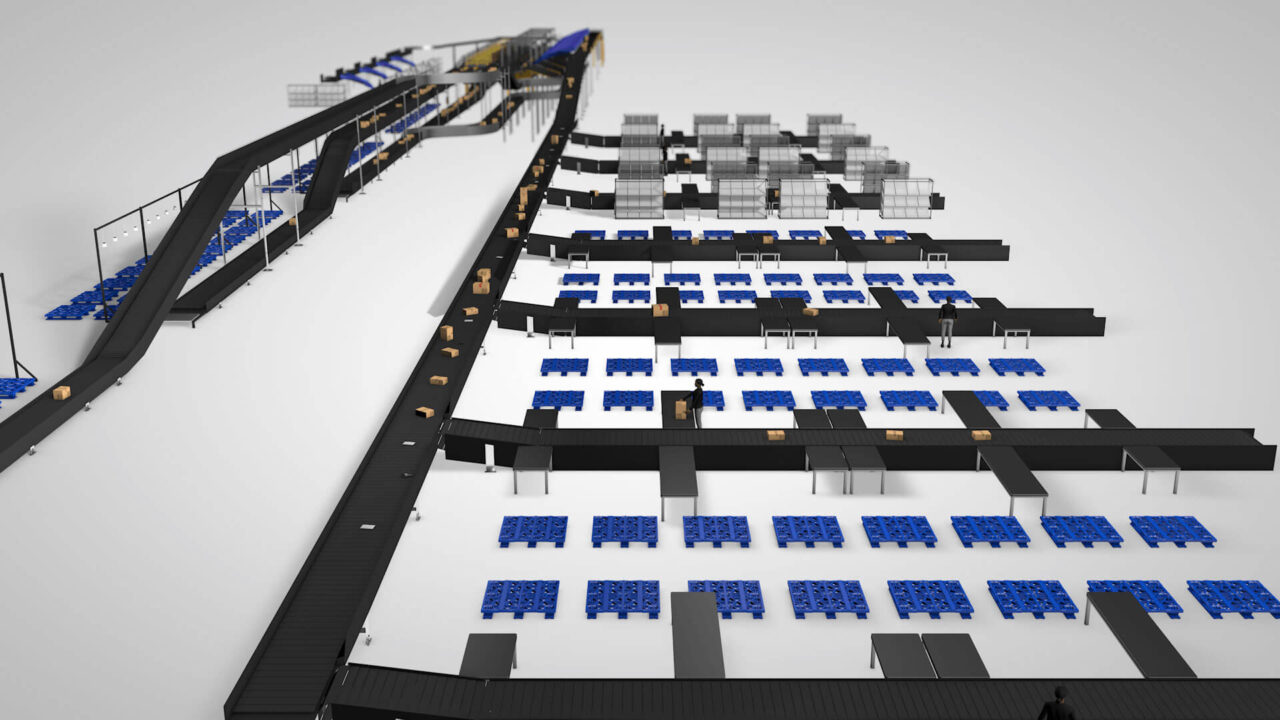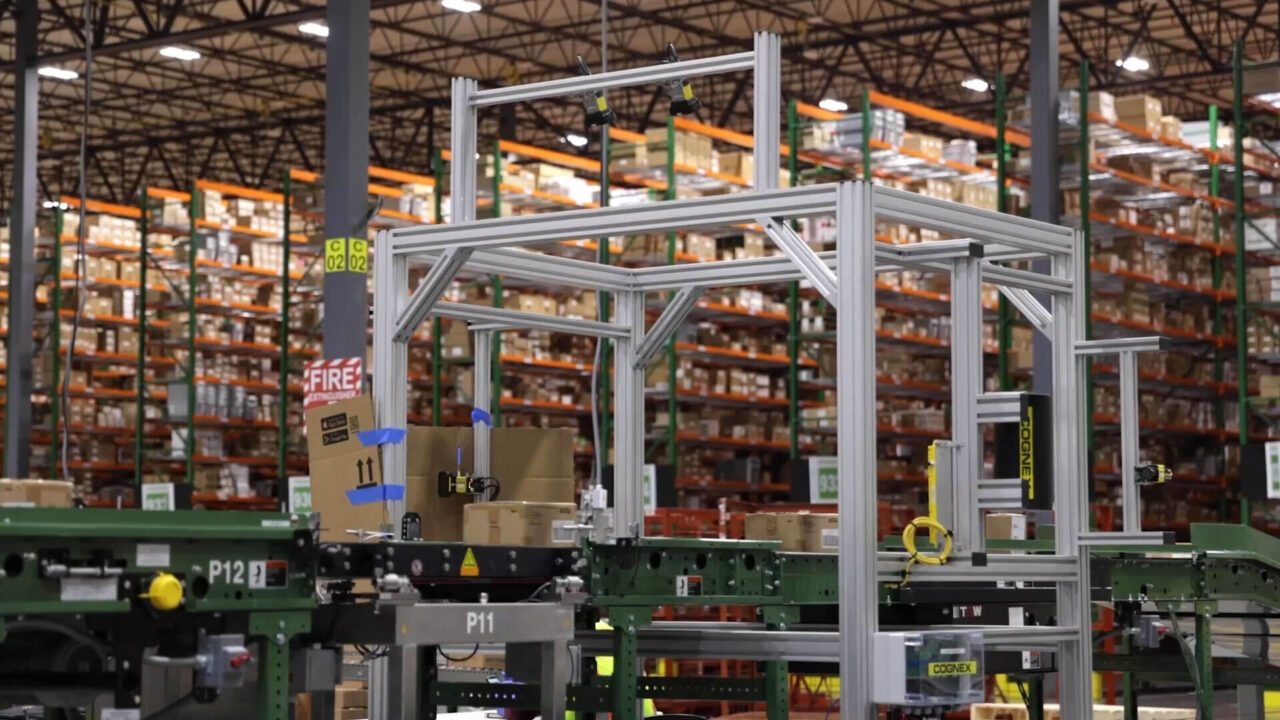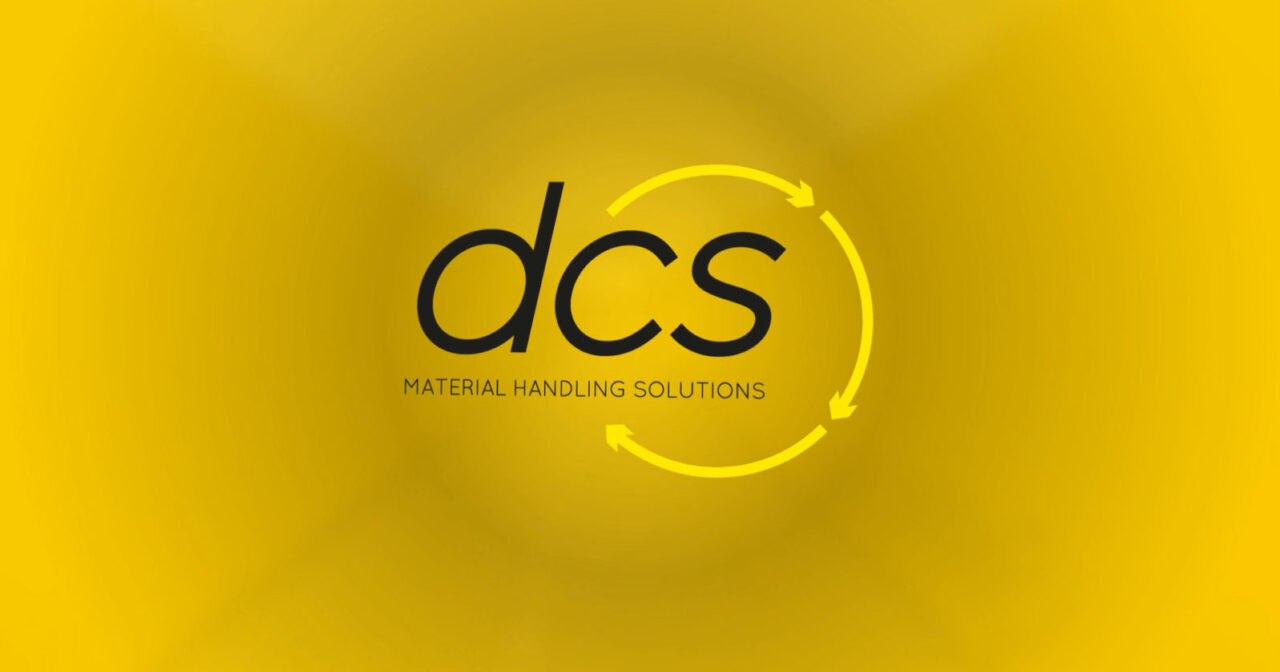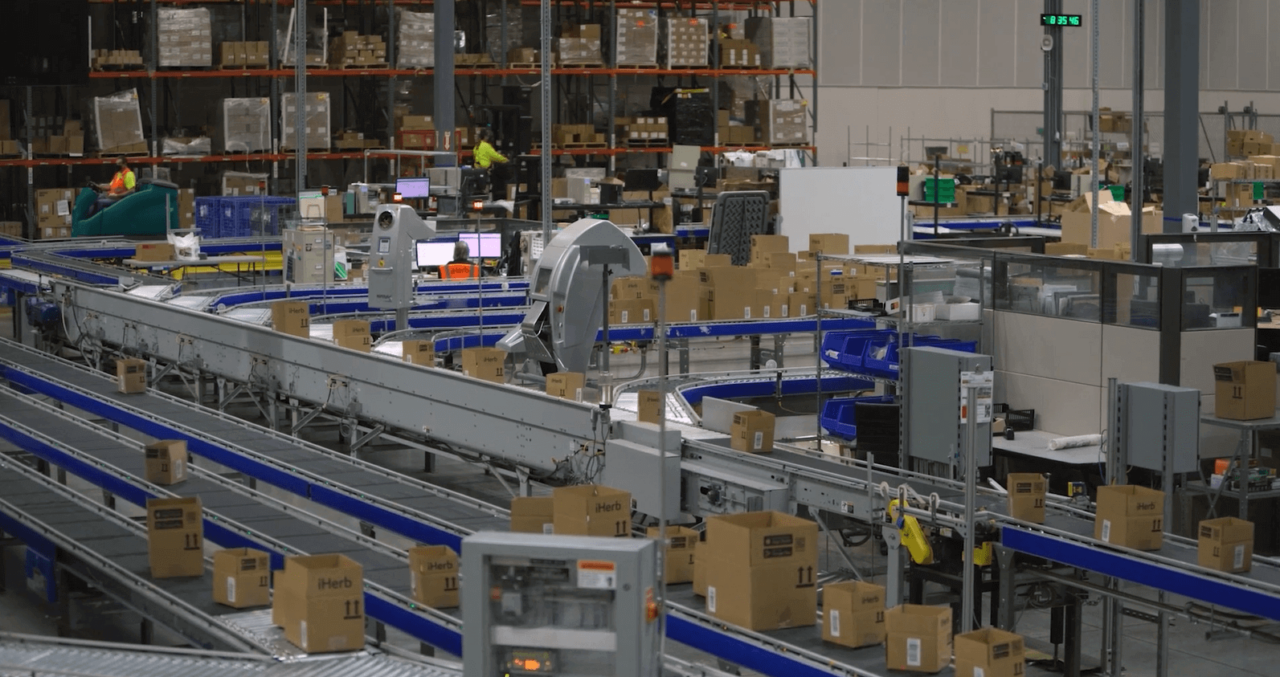You’ve evaluated several potential consultants to help you resolve your warehousing or distribution challenges. Now, you’ve narrowed it down to perhaps two or three finalists based on your needs, their expertise and service offerings, independence from (or connection to) specific brands and equipment suppliers, and costs.
The last phase of your due diligence should be to follow up with the references each prospective consulting partner has provided. But, you’re anxious to get this project started. And nobody ever hands out the names of unhappy customers. Do you really need to make those calls?
Yes. Because these days, knowing a customer was satisfied with a consultant’s work isn’t enough when you’re trying to figure out whom to engage. Instead, by asking each reference a series of questions, you will gain better insight into the experience of working with the prospective consultant in terms of responsiveness, communication style, potential cultural fit with your organization and team, and – most importantly – the quality of their deliverables.
Here’s a list of questions to use when asking references to recount their experiences with the consultant you’re evaluating. While there are no wrong answers to these questions, the information you gather will likely be very informative as you’re making your selection.
- Tell me a little bit about why you engaged the consultant?
From this question, you’re looking to ascertain any similarities to your own project. The answer will help you gauge the consultant’s level of familiarity with your type of operation, industry, organization, network, need, and so on.
- What services did the consultant provide?
This question seeks to verify what you likely know already about the consultant’s stated service offerings. It also tells you what business data they analyzed and how they arrived at a strategy to address their client’s unique challenge.
- What did you learn from the project that you didn’t know?
Often, a consulting client already knows the effect of a problem; the consultant is the one who peels back the layers and helps them understand the cause – or causes. An area that is struggling may be the result of missteps made two or three steps earlier in the process, for example. A consultant can help uncover the source of the ripple effect that leads to unintended consequences, then present an ordered strategy to fix each issue.
- Were you presented with a single solution, or multiple alternatives?
Sometimes the answer is obvious and there’s only one clear solution. But frequently there are options to sort through and alternatives to consider. The answer to this question will help you determine if a consultant is able to present different solutions at different levels of budget and complexity, as well as help you understand the potential future ramifications of each choice.
- Were they a good cultural fit for your organization/team?
Culture can be tricky to pin down. But for a client-consultant partnership to achieve a successful outcome, the two sides need to share the same values. If prioritizing worker safety is your operation’s top objective, the consultant needs to share that view, for example.
- Were you happy with the consultant’s level of professionalism?
The answer should give you a better sense of what it’s like to work with the consultant. Ask about things that are particularly important to you, such as frequency or preferred style of communication, speed of responsiveness, direct accessibility, availability, ability to meet project deadlines, and so on.
Hopefully, through the answers you receive to these questions, your choice of consulting partner will be an easy one to make.
Need more ideas for ways to improve your operational performance or supplement your team’s expertise? To learn more about working with DCS, connect with us.
_
Author
 Mark Kidwell, Director of Supply Chain Consulting, markk@designedconveyor.com
Mark Kidwell, Director of Supply Chain Consulting, markk@designedconveyor.com
With over 35 years in the Material Handling Industry, Mark provides valuable solutions for our clients regarding operations and process improvement, labor efficiency, DC design, and inventory management. Mark received his Bachelor of Science in Business Management and moved into operations and engineering management before supply chain consulting. A couple of his most significant achievements include helping start a 3PL company in the food industry and assisting grow and develop a supply chain consulting company from the ground up.









 Mark Kidwell, Director of Supply Chain Consulting,
Mark Kidwell, Director of Supply Chain Consulting,